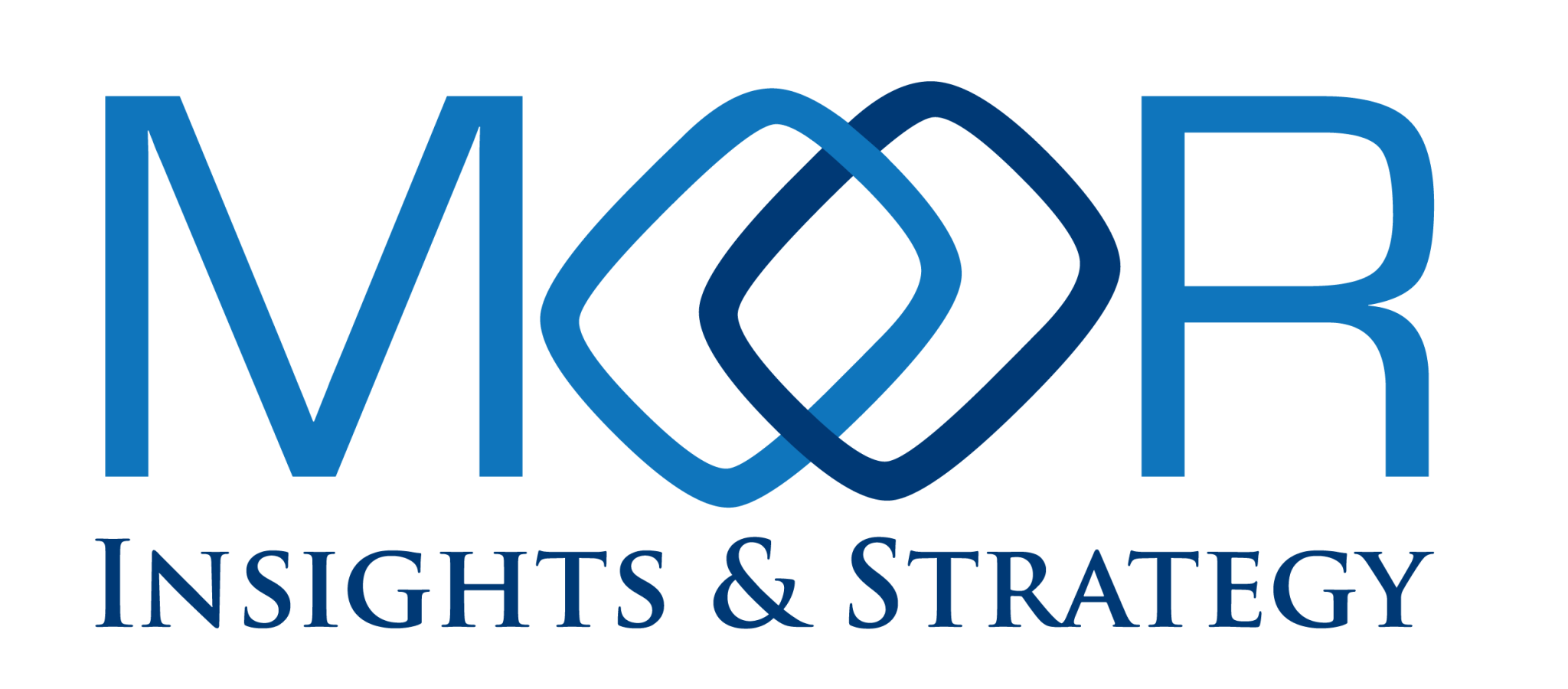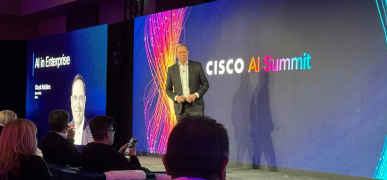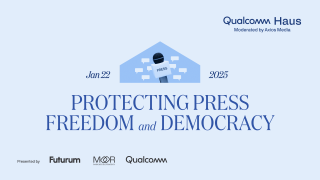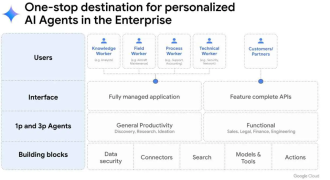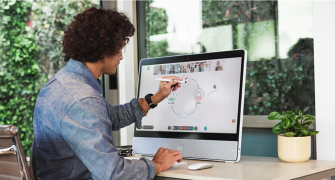
Is work working? Despite technological advancements and evolving workplace dynamics, people’s relationship with work remains strained. A new worldwide study from HP reveals a disconnect between employees and their jobs despite many companies rethinking workplace tools and offering employees more flexibility. HP’s second annual Work Relationship Index, a survey of over 15,600 individuals across 12 countries, finds that only 28% of knowledge workers report a healthy relationship with work.
The new WRI shows a consistent trend in employee engagement drivers, with scores remaining relatively stable compared to 2023. For example, the scores for workspace (defined as flexibility and trust in where employees work) and tools (the right technology to drive employee engagement) both remained flat at 25 and 26 out of 100, respectively. People-centricity, now at 24, and leadership, at 26, each went up by one point. Skills—meaning building confidence by tapping into the enthusiasm to learn new skills—also increased one point, but its overall score of 32 indicates that it is a stronger driver of a healthy work relationship.
While the stability of these drivers suggests that the fundamental elements of a positive work experience remain the same, it also indicates that not much has changed in the past 12 months regarding building a better worker experience. This is especially clear in the answers to questions about trust in senior leadership and how workers want to be seen as individuals.
The key takeaway? Work isn’t working because the way we work is outdated. Companies haven’t adapted to the needs of today’s workers, who crave individuality and tailored experiences instead of being treated like cogs in a machine. But there’s hope. The WRI identifies two potential solutions for fostering healthier work relationships: personalized work experiences and AI. The need for these solutions is becoming increasingly urgent, as reflected by the nearly three-quarters of leaders surveyed who agreed that it is critical to redefine the world’s relationship with work.
The Personalized Employee Experience
Large majorities of knowledge workers (68%), business leaders (75%) and IT decision makers (76%) said they desire personalized work experiences—including having access to the right technologies and workspaces and the ability to shape a flexible schedule. Well over half of the knowledge workers surveyed stated that having these needs met would make them more invested in their company’s growth, enhance their overall well-being and incentivize them to stay with their current employer. In fact, the WRI indicates that knowledge workers who feel their work experience is customized to their preferences are more than twice as likely to have a healthy relationship with work.
The WRI shows that this issue is important enough that employees are willing to put their money where their mouths are about it. A staggering 87% of workers globally report being willing to forgo a portion of their salary—14% on average—to achieve a more personalized work environment. Gen Z workers report being willing to give up as much as 19% on average to have a customized work environment.
The Rise Of AI And Its Impact On Work-Life Balance
Can AI help with customizing the workplace? The past year has seen an explosive surge in AI adoption, particularly in the workplace. In 2023, 38% of knowledge workers, 68% of business leaders and 63% of IT decision makers had used AI at work. In 2024, as AI started to shift from hype to realized benefits, knowledge workers (66%) and ITDMs (91%) each reported dramatic 28-point increases in AI usage, while business leaders (88%) showed a significant 20-point jump.
Workers who use AI report greater job satisfaction and work-life balance. AI tools automate tasks, streamline workflows and give employees more time and opportunities to enjoy their work—so much so that 60% of WRI respondents who use AI credit it with contributing to a better work-life balance, while 68% say AI opens up new opportunities for them to enjoy their work. This correlation between AI usage and work-life balance highlights an urgency to integrate AI into the workplace, especially considering the growing fear of job displacement among non-AI users.
It’s no accident that HP sponsored this research—and asked so much about AI—given the technology it deploys in the workplace. Like other big PC makers, HP has integrated AI into its latest generation of PCs, with features designed to optimize user experiences, boost productivity and enhance collaboration. For instance, HP offers an AI Companion to help users with tasks such as refining workflows and optimizing PC settings; in theory, this should make customizing work experiences much simpler without IT involvement. For remote collaboration, HP’s Poly Camera Pro leverages AI to enhance webcam capabilities, for example by intelligently blurring and replacing backgrounds on video calls. Features such as these can improve the quality of virtual interactions, which can be crucial considerations for remote workers.
Computer OEMs are counting on rapid enterprise adoption of AI PCs, with many industry watchers predicting major upgrade cycles from now through 2025, and some industry insiders projecting that AI PCs will dominate the PC market by the end of this decade. If this does come to pass, it will be interesting to see if these technology upgrades have an impact on future versions of the WRI.
The Leadership Gap And The Rise Of Female Leaders
While the WRI highlights the importance of strong leadership in cultivating a healthy work relationship, it also reveals a concerning trend: only 44% of leaders express confidence in their human skills (sometimes called “soft” skills), such as empathy and communication. This is concerning because 78% of employees highly value empathy from their leaders, yet only 28% see it consistently. A lack of empathy in leaders can lead to misunderstandings, decreased morale and a decline in overall productivity.
However, this gap in leadership presents an opportunity for positive change. The study found that female business leaders are significantly more confident than their male counterparts in both the “hard” technical skills and the human skills required to succeed at work. On average, women are 10 points more confident in their hard skills and 13 points more confident in their soft skills compared to their male counterparts. This suggests a potential shift in leadership paradigms, one in which more women can rise to leadership positions.
This shift may also present a crucial challenge for men in leadership roles. To thrive in this evolving workplace, men must actively develop and embrace these essential human skills, which could create a more balanced and effective leadership environment for everyone.
Looking Ahead: Embracing AI And Personalization
Regardless of the specific leadership or technology developments that unfold in the future, it is clear that employer and employee expectations have evolved, and that leveraging both smarter management practices and smarter technology is essential to meeting the needs of today’s workforce. In particular, AI will shape the future of work by creating solutions and experiences that foster business growth while supporting personal and professional fulfillment.
The findings of the HP Work Relationship Index serve as a wake-up call for organizations worldwide. By embracing AI, prioritizing personalization and fostering empathetic leadership, companies can cultivate a work environment where both employees and their organizations thrive.
